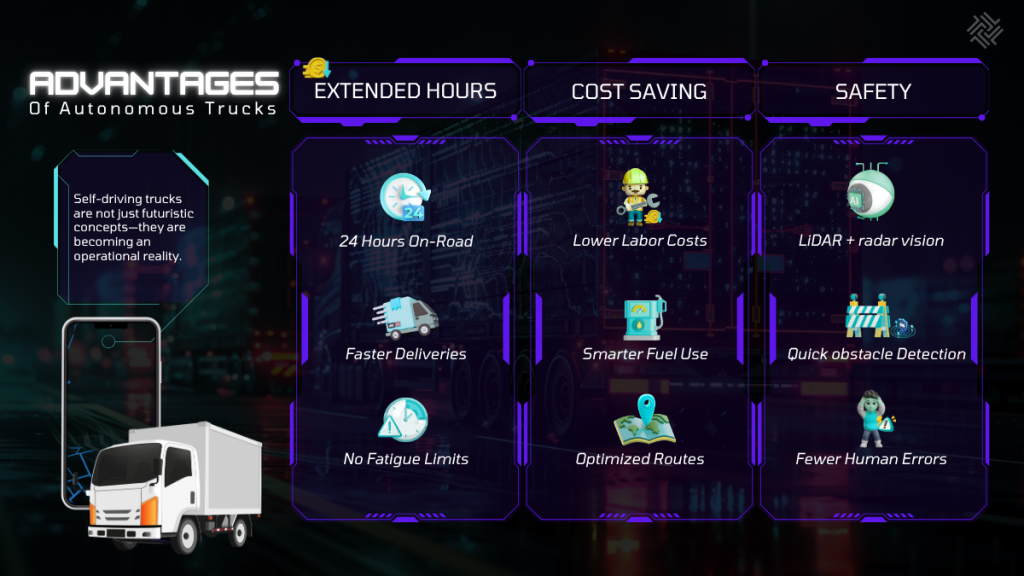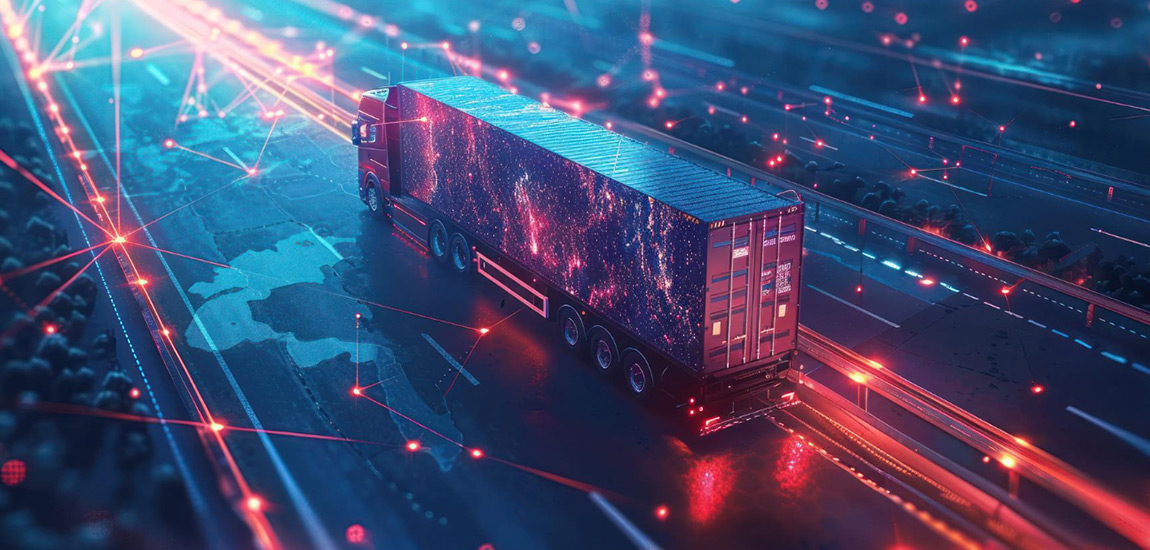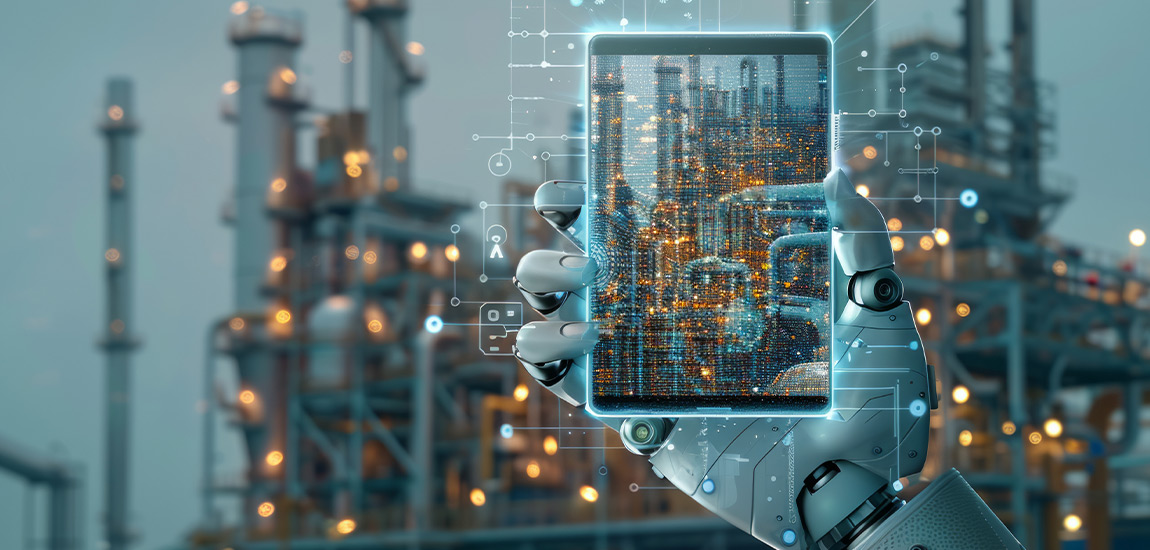Driving the Future of Logistics: How AI and Autonomous Trucks Are Revolutionizing Freight Matching
The logistics industry is undergoing a monumental transformation. For decades, freight matching relied on manual processes, phone calls, and spreadsheets, leaving room for inefficiencies, miscommunication, and lost revenue. Then came digital freight matching (DFM) platforms, which used technology to connect shippers and carriers more efficiently.
Now, the next frontier has arrived: the integration of Artificial Intelligence (AI) and autonomous trucks. This combination promises to create a logistics ecosystem that is smarter, faster, safer, and more sustainable. By leveraging AI for intelligent decision-making and autonomous vehicles for delivery, the future of freight matching is not just digital—it’s intelligent and self-driving.
In this blog, we explore how AI and autonomous trucks are reshaping the logistics industry, the tangible benefits for shippers and carriers, real-world implementations, challenges to adoption, and the roadmap for a smarter freight future.
AI-Powered Freight Matching – The Brain of Modern Logistics
Digital freight matching platforms have changed the game by automating the connection between shippers with loads and carriers with capacity. But the real breakthrough comes when AI is introduced to these platforms.
How AI Works in Freight Matching: AI uses machine learning algorithms to process massive datasets from multiple sources—traffic, weather, historical delivery times, truck availability, and even driver performance. This allows the system to make real-time decisions that optimize the matching process.
Key Benefits of AI in Freight Matching
- Reducing Empty Miles: One of the most significant inefficiencies in logistics is “deadheading”—when trucks travel empty between loads. AI can predict optimal load matches, identify backhauls, and assign trucks in a way that maximizes utilization. For example, a truck dropping goods in Dubai could be automatically matched with a return shipment to Abu Dhabi, eliminating wasted trips.
- Dynamic Pricing and Cost Efficiency: Freight rates fluctuate depending on demand, fuel costs, and route conditions. AI systems can analyze trends in real time, allowing platforms to adjust prices dynamically. Shippers get competitive rates, and carriers can optimize revenue for each trip.
- Faster, Smarter Decision-Making: AI automates tasks that previously required hours of human intervention. By analyzing patterns in load data and predicting future demand, AI ensures the right truck gets assigned to the right load at the right time, reducing delays and improving customer satisfaction.
Real-Life Example: On truck, a European DFM platform, uses AI to automate up to 90% of its load assignments. By doing so, they have drastically reduced idle time for trucks and increased profitability for carriers.
Interested in transforming your logistics operations? Explore how AI-driven freight solutions can optimize your supply chain today!
Autonomous Trucks – Driving Logistics into the Future
While AI powers the decision-making behind the scenes, autonomous trucks are the vehicles that bring these decisions to life. Self-driving trucks are not just futuristic concepts—they are becoming an operational reality.

Industry Leaders Driving Change:
- Kodiak Robotics is making autonomous long-haul trucking a reality, recently merging in a $2.5 billion deal, signaling strong investor confidence.
- Aurora Innovation is partnering with logistics companies to integrate autonomous trucks into existing fleets.
- Volvo and Waabi are working together to ensure scalable and safe self-driving solutions.
The Powerful Synergy – AI + Autonomous Trucks
The combination of AI and autonomous trucks creates an intelligent freight ecosystem that is more than the sum of its parts.
How AI and Autonomous Trucks Work Together:
- End-to-End Automation: From load matching to delivery, the system can automate operations entirely. AI assigns the best truck for a load based on real-time conditions, and autonomous trucks execute the delivery, requiring minimal human intervention.
- Optimized Routing and Predictive Analytics: AI can analyze traffic patterns, weather forecasts, and other variables to determine the most efficient route. Autonomous trucks then follow these optimized routes, reducing fuel consumption and delivery times.
- Scalable Operations: During peak demand, AI can dynamically allocate autonomous trucks where they are needed most. This ensures that logistics networks remain flexible and responsive, even in volatile markets.
Impact on Carriers and Shippers:
- Carriers can increase revenue by reducing idle time and improving truck utilization.
- Shippers benefit from faster deliveries, real-time tracking, and lower costs.
- The Environment benefits from reduced fuel consumption and fewer empty miles.
Real-World Applications Leading the Change
The AI + autonomous truck model is already being tested and deployed worldwide.
- Dubai’s Autonomous Freight Program: Dubai aims to deploy self-driving trucks along key logistics corridors by 2030, reducing delivery times and optimizing freight movement.
- Aurora and McLeod Software Partnership: This integration allows autonomous trucks to be seamlessly added to existing transportation management systems, making autonomous freight accessible to more businesses.
- Waabi and Volvo Collaboration: By combining AI-driven routing with Volvo’s autonomous technology, these companies are pioneering safe, scalable, and highly efficient freight solutions.
These initiatives showcase that autonomous freight is not just experimental—it’s actively shaping the future of logistics.
Curious how autonomous trucks can fit into your logistics strategy? Contact us for a personalized assessment.
Challenges on the Road to Adoption
Despite the tremendous potential, there are challenges:
- Regulatory Barriers: Autonomous trucks face different regulations in each country, from road safety laws to labor rules. Achieving global adoption will require harmonized standards.
- Infrastructure Needs: Autonomous trucks require reliable digital infrastructure, including smart traffic management, dedicated lanes, and IoT-enabled logistics hubs.
- Public Perception and Trust: Consumers and regulators need assurance that autonomous trucks are safe, reliable, and capable of operating alongside human drivers.
Opportunities Despite Challenges:
- Companies that invest early in AI + autonomous trucks can gain a competitive advantage, reduce operational costs, and build scalable logistics networks.
- The reduction of empty miles and fuel optimization contributes to sustainability goals, making this technology attractive for ESG-conscious companies.
The Road Ahead – What Logistics Leaders Should Do
To stay ahead in this evolving landscape, logistics companies should:
- Adopt AI in Freight Matching: Start by integrating AI-driven load assignment and predictive analytics to maximize efficiency and minimize waste.
- Prepare for Autonomous Integration: Invest in technology partnerships and pilot programs with autonomous truck providers. Gradually integrate these fleets into high-volume, predictable routes.
- Focus on Training and Safety: Ensure teams are trained to manage and monitor AI-driven and autonomous operations safely, building trust with stakeholders.
- Invest in Infrastructure: Upgrade warehousing and fleet management systems to support intelligent routing, telematics, and IoT-enabled monitoring.
A Smarter, Faster, and More Sustainable Freight Industry
The convergence of AI and autonomous trucks is reshaping freight logistics in unprecedented ways. AI ensures intelligent decision-making and optimized routing, while autonomous trucks deliver operational efficiency and reliability. Together, they reduce empty miles, improve profitability, enhance safety, and promote sustainability.
Businesses that embrace these technologies now will lead the next wave of logistics innovation, creating a smarter, faster, and more resilient freight ecosystem.
The future of freight is here—and it’s intelligent, autonomous, and efficient.
Don’t wait for the future—lead it. Partner with us to integrate AI-powered freight matching and autonomous trucking into your logistics operations today. Schedule a consultation and transform your supply chain into a smarter, faster, and more sustainable network.




